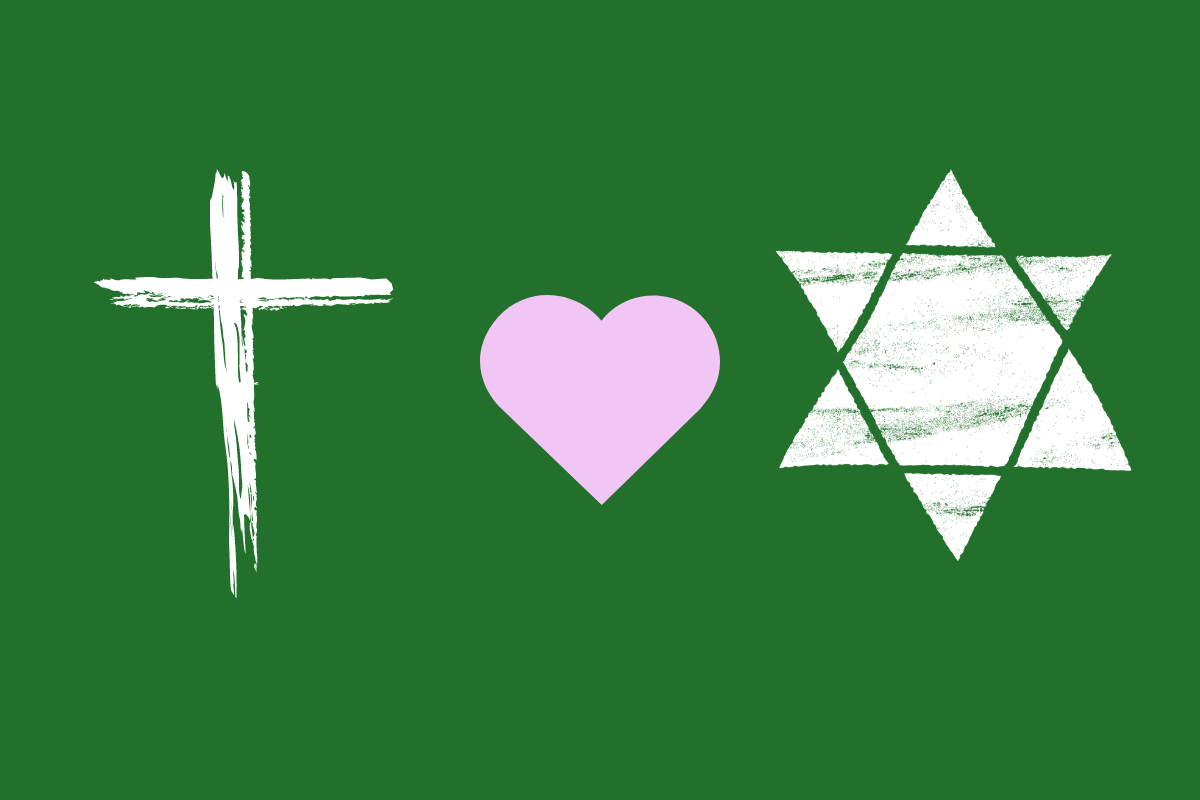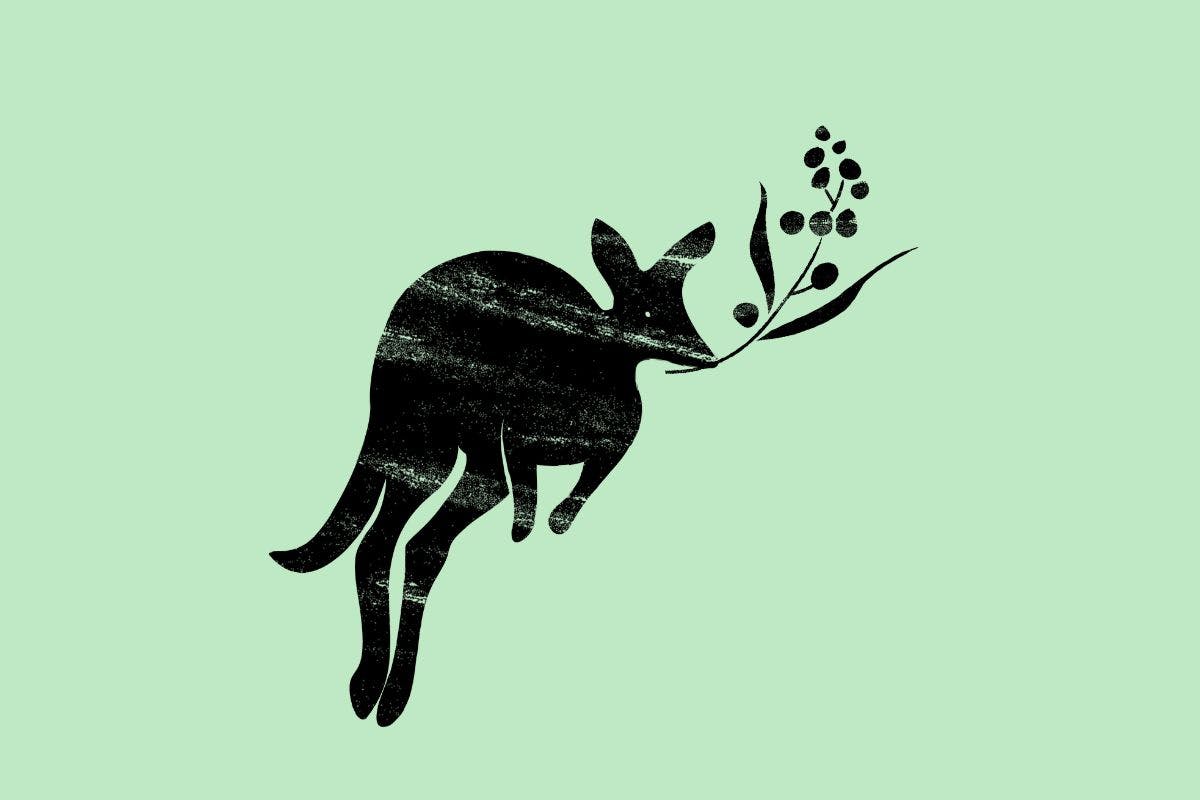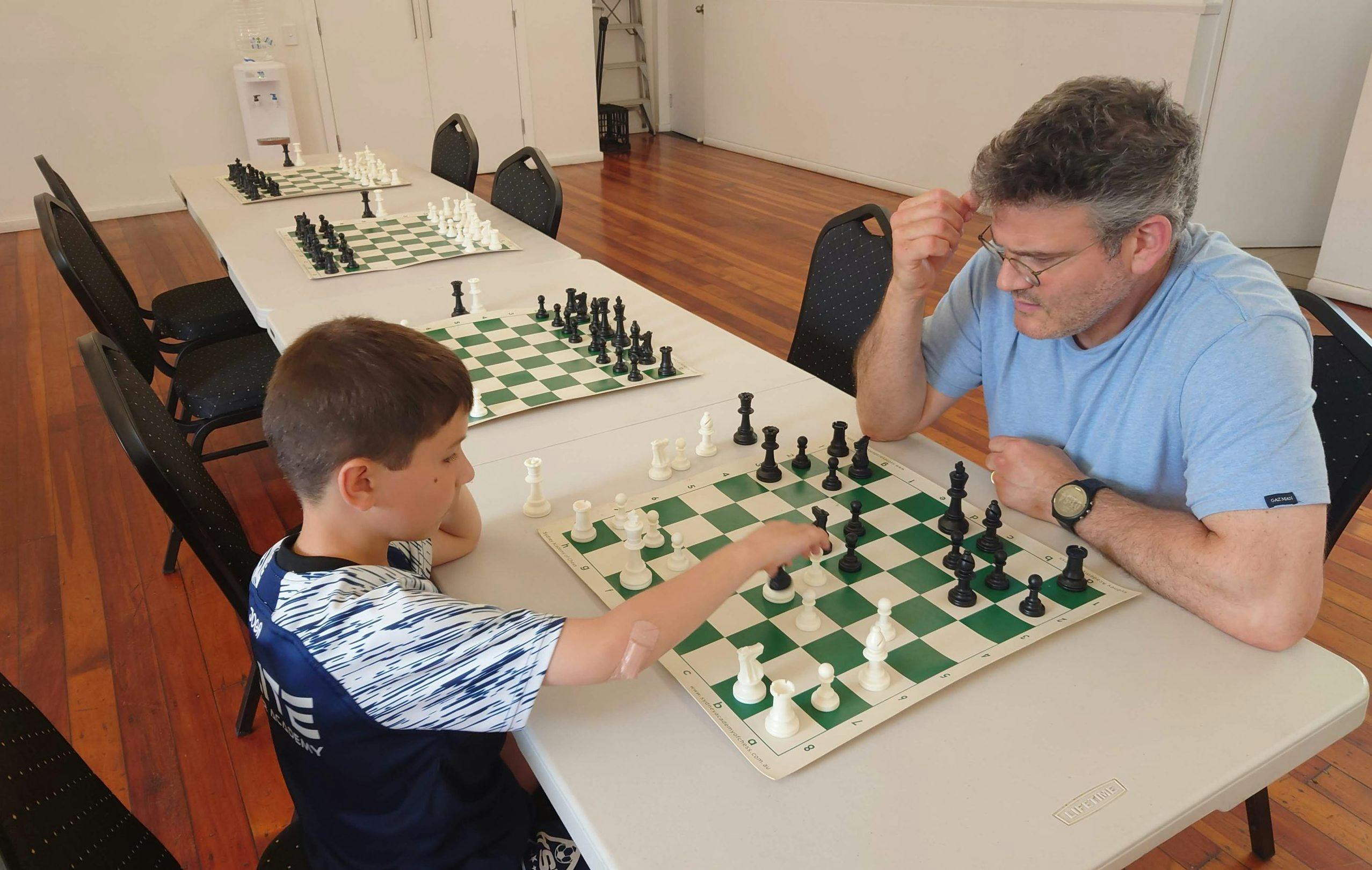Published: 17 February 2024
Last updated: 21 March 2024
While they have expressed a range of nuanced views, there is a clear pattern of pro-Palestinian solidarity among both professional and trade unions.
In recent months, Australia’s trade unions have grappled with how to respond to the Israel-Hamas War. Whilst some have been silent on the issue or have limited their intervention to a media release, others have extended concrete support to pro-Palestine activism in Australia.
Trade unions are concerned with wages, conditions and workplace rights. To understand why some have become so outspoken on the Israel-Hamas conflict, and why some have not, a cursory glance at Australian history is necessary.
Since Federation, Australian unions have rallied in response to countless international events and humanitarian crises. From the conscription referenda to the boycott of fascist Japan, to the Korean and Vietnam Wars, unions have often proved pivotal in translating public disapproval into systematic pressure, and occasionally, major policy change.
The union movement considers its core principle to be “solidarity” – identifying with exploited people and supporting their fight against injustice. This principle has been complicated by the unresolved question of how far solidarity extends: does it cease at the border or stretch across continents?
This perennial question has been reanimated by the Israel-Hamas war. Since October 7, Australian unions have responded in one of four ways, as the chart below indicates: silence (grey), calling for restraint or mixed (yellow), demanding a ceasefire (orange), or by advocating a ceasefire and becoming involved in pro-Palestine activism (red).

The largest group comprises those calling for a ceasefire – ten unions are either orange or red. On October 20, the International Trade Union Confederation (ITUC) issued a statement calling for the return of all hostages, an immediate ceasefire and a two-state solution. An open letter by the Australian Centre for International Justice in solidarity with Gaza was signed by leading unions including the Australian Manufacturing Workers Union, the National Union of Students, Australian Services Union (Victorian Private Sector Branch), and the Rail, Tram and Bus Union.
The National Tertiary Education Union (NTEU) immediately backed the ITUC’s declaration. On October 22, the Australian Council of Trade Unions (ACTU) issued a more extensive statement: “The ACTU condemns the bombing, killing and kidnapping of Israeli civilians by the terrorist organisation Hamas on 7 October… all hostages must be released immediately and Hamas must be held accountable… The ACTU joins the ITUC in calling for… an immediate de-escalation and ceasefire. We reiterate the Australian union movement’s strong opposition to war, violence, and racism including antisemitism and Islamophobia… [and] call for an end to the occupation of Palestine and a just and sustainable peace.”
As the humanitarian crisis in Gaza worsened and a ceasefire was endorsed by the ACTU, more labour organisations called for a suspension of hostilities in Gaza.
On October 24, the almost 200,000-member Australian Education Union called for an unconditional ceasefire and expressed mourning for the losses suffered on both sides. Similar statements were made by the executive of the Electrical Trades Union (Queensland & Northern Territory Branch), branches of the Australian Services Union and the Independent Education Union (Victoria-Tasmania Division). The organisation ‘Trade Unionists for Palestine’ appeared on social media on October 23, amassing 3,000 followers on Facebook and 7,000 on Instagram over the following months.
On October 31, Australia’s largest union, the Nursing and Midwifery Federation, released a statement that expressed solidarity with Israeli, Palestinian and Ukrainian nurses, called for an immediate ceasefire and the release of all the hostages.
By the end of November, the Financial Services Union, Community and Public Sector Union, the Media Entertainment and Arts Alliance, the Australian Services Union had all called for a ceasefire.
However, not all unions or their leaders have chosen to affirm the ACTU’s ceasefire position. Some have instead urged restraint on both sides, while stopping short of calling for an end to hostilities.
Mark Diamond, National Secretary of the Rail, Tram and Bus Union, issued a statement on October 19 which condemned Hamas terrorism and the occupation, while calling on both sides to exercise restraint. He did not mention a ceasefire and distanced the union from an anti-Israel petition being circulated among its members.
On November 6, the United Services Union made a similar call for restraint, drawing protests from some of the union’s membership. The Australian Salaried Medical Officer’s Federation also condemned the violence on both sides and issued its support for the ITUC declaration, while refraining from explicitly calling for a ceasefire.
A third group of unions have abstained from declaring a position on the conflict entirely: the Australian Workers Union, Transport Workers Union, Health Services Union and the Shop Distributive Associates Alliance (SDA). Many of these are historically associated with right-wing Labor and a more isolationist approach to international affairs.
They have each made only limited public statements about the conflict, with the exception of the AWU, whose National Secretary signed an open letter against antisemitism on November 28. Gerard Hayes, President of the Health Services Union, has even expressed disdain at the “absurd” use of HSU banners at pro-Palestine events. These organisations are not insignificant – the SDA is the second largest union in the country – but their response has been in the minority.
The fourth and final group of unions are those which have called for both a ceasefire in Gaza and for people to take to the streets here in Australia: the CFMEU Construction and General Division, the Maritime Union of Australia, the Electrical Trades Union, the Australian Services Union, the AMWU Victoria Branch, the NTEU Victoria Branch, the AEU Victoria Branch and the United Workers Union.
These unions have together opened up their facilities for use by pro-Palestine organisers, addressed major pro-Palestine demonstrations, actively encouraged their membership to attend protests, and condemned Israel in sharper terms than the ACTU or the ITUC.
In November it was reported that Palestinian flags were being flown at CFMEU construction sites. The response from the CFMEU leadership could not differ more from that of the HSU. In a statement to radio 3AW, the CFMEU (Construction & General Division) asserted: “flying these flags [on site] is consistent with the union’s position in calling for an immediate ceasefire to protect all working class people in the Middle East”. In a separate statement, the same division of the CFMEU formally endorsed domestic demonstrations calling for ceasefire.
The Secretary of the Maritime Union of Australia, Christy Cain, has addressed pro-Palestine rallies and described Israel’s actions in Gaza as “an annihilation”. The MUA has permitted its Melbourne Hall to be used several times as a meeting space for “Trade Unionists for Palestine”. Former MUA officials have also participated in an initiative to block Israeli ships from docking in Australian ports.
The United Workers’ Union and the Australian Services Union have also encouraged their members to participate in demonstrations for Palestine. On December 16, the UWU’s Brisbane office hosted an event with the General Delegation of Palestine marking the International Day of Solidarity with the Palestinian People. The organisation is also affiliated with the Australia Palestine Advocacy Network.
The composition of unions in this fourth, actively involved group is not random. These are largely organisations in which “international solidarity” is a concept with very deep roots; servicing sectors with a vivid history of radicalism: maritime, education, services and construction.
Although there is clearly a spectrum of opinion within Australia’s union movement on how to respond to the Israel-Hamas War, there is a clear pattern of widespread concern with Israel’s military conduct in the Gaza Strip and its occupation of the Palestinian Territories. This concern has been serious enough, in some quarters, to encourage organisational support for pro-Palestine activism in Australia.
The extent, intensity and effectiveness of union pressure depends as much on Israel’s future conduct as it does on the labour movement. Should civilian deaths continue to accumulate in the Gaza Strip, and illegal occupation continue in the West Bank, Australian unions will be pressured to act further upon their stated value of international solidarity. This could prove decisive in influencing public opinion on the issue well beyond union ranks.





Comments
No comments on this article yet. Be the first to add your thoughts.